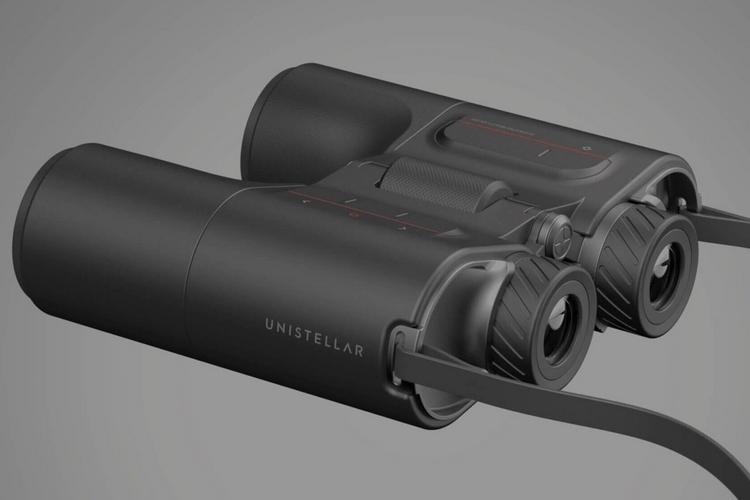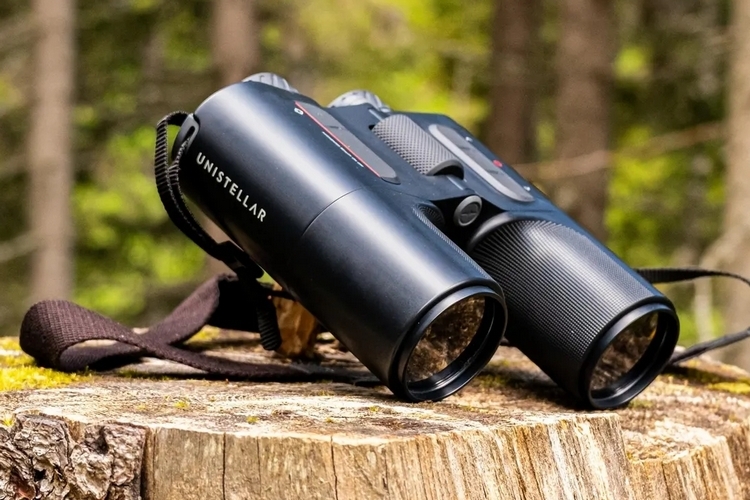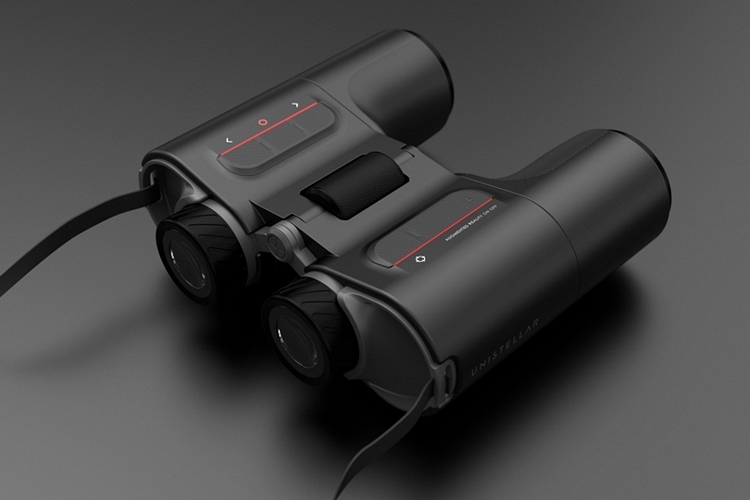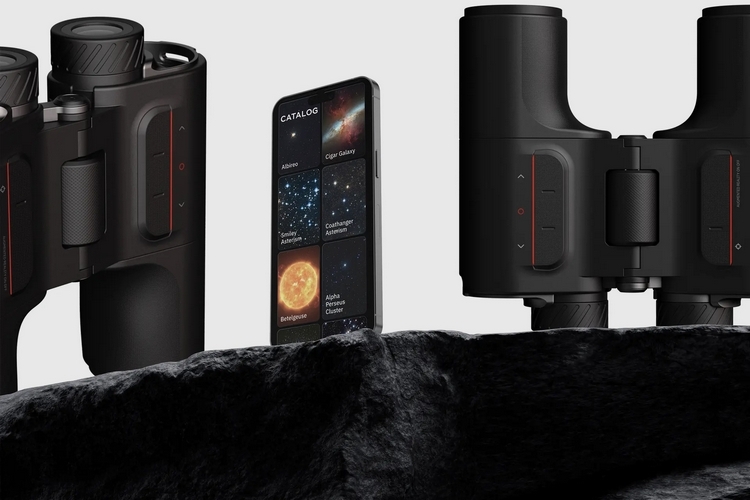
We’re big fans of smart telescopes that make amateur astronomy extremely accessible. Instead of spending your time trying to find constellations, just tell it what you want and it will find it on its own for you. This time around, they’re squeezing that same autonomous tech into a pair of binoculars in the form of the Unistellar Envision.
No, it won’t quite work like Unistellar’s smart telescopes that can actually reposition themselves to automatically align with any celestial body that you want to observe at a whim. Instead, it uses an augmented reality (AR) system that can dynamically overlay different contextual information based on whatever you’re viewing. Basically, it can tell you what you’re looking at in the night sky, sparing you from having to look it up each time out.

The Unistellar Envision is an erstwhile normal-looking pair of modern binoculars, not unlike what you’ll see people carrying when they’re birdwatching, hunting, or exploring outdoors. It uses high-quality optics developed with Nikon, which features 50mm lenses with a six-degree field of view and 10x magnification. On the right side, it’s equipped with a high-luminance, high-contrast projector system that dynamically beams contextual information onto the optical path, overlaying the data right into your line of sight.
Similar to Unistellar’s smart telescopes, the binoculars can identify constellations, galaxies, nebulaes, stars, planets, and other celestial objects, giving you accurate information as soon as you cast your lenses upon them. Aside from celestial bodies, the binoculars can also identify man-made points of interest, such as the ISS and the various lunar landing sites. To keep the binoculars useful outside of your stargazing pursuits, it can also identify various natural points of interest, such as peaks, summits, hiking paths, rivers, lakes, shelters, and water springs, making it quite the handy hiking companion.

The Unistellar Envision comes with a guided navigation feature that can overlay directions to where you’re supposed to aim the binos based on any specific item you choose in the app. It can do this for both objects in space or outdoor points of interest, so you can use this to find a specific path when hiking, a hidden lake near the campsite, or a specific planet out in the night sky. You can also lock in any object you’re currently observing, which will cause the binoculars to automatically guide you when you move the binos out of place.


Do note, the device needs to be paired with your phone the whole time, since it uses the phone’s GPS to determine its exact location and orientation, which allows it to accurately determine both astronomical and terrestrial points of interest. The app, by the way, gives you the option to use the database online or offline, with the latter being useful when you decide to use it out in the backcountry, in areas where there might be no signal. Other features include full BAC4 multicoating on all the glass elements, a battery life of around five hours, and the ability to function as standard binoculars (without AR) when the battery runs out.
A Kickstarter campaign is currently running for the Unistellar Envision. Pledges to reserve a unit starts at $699.